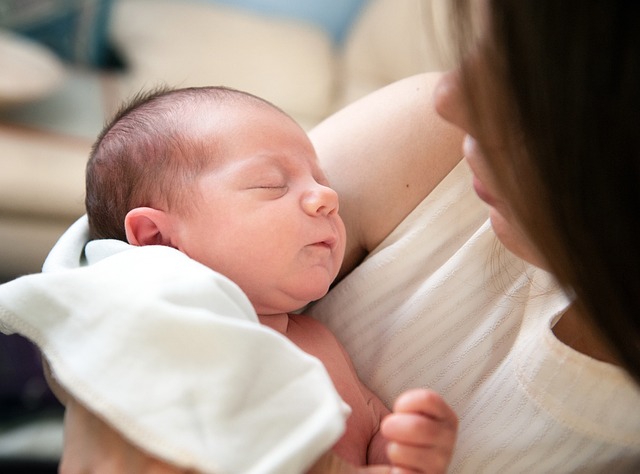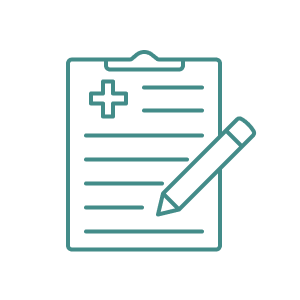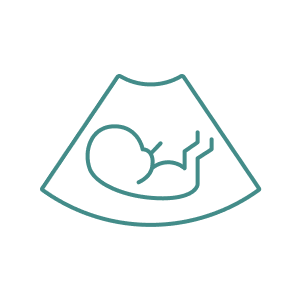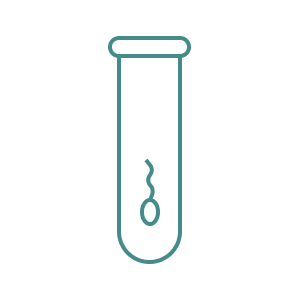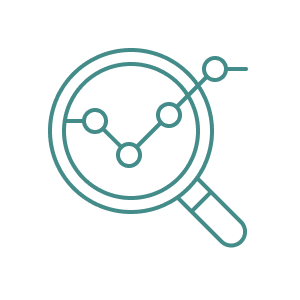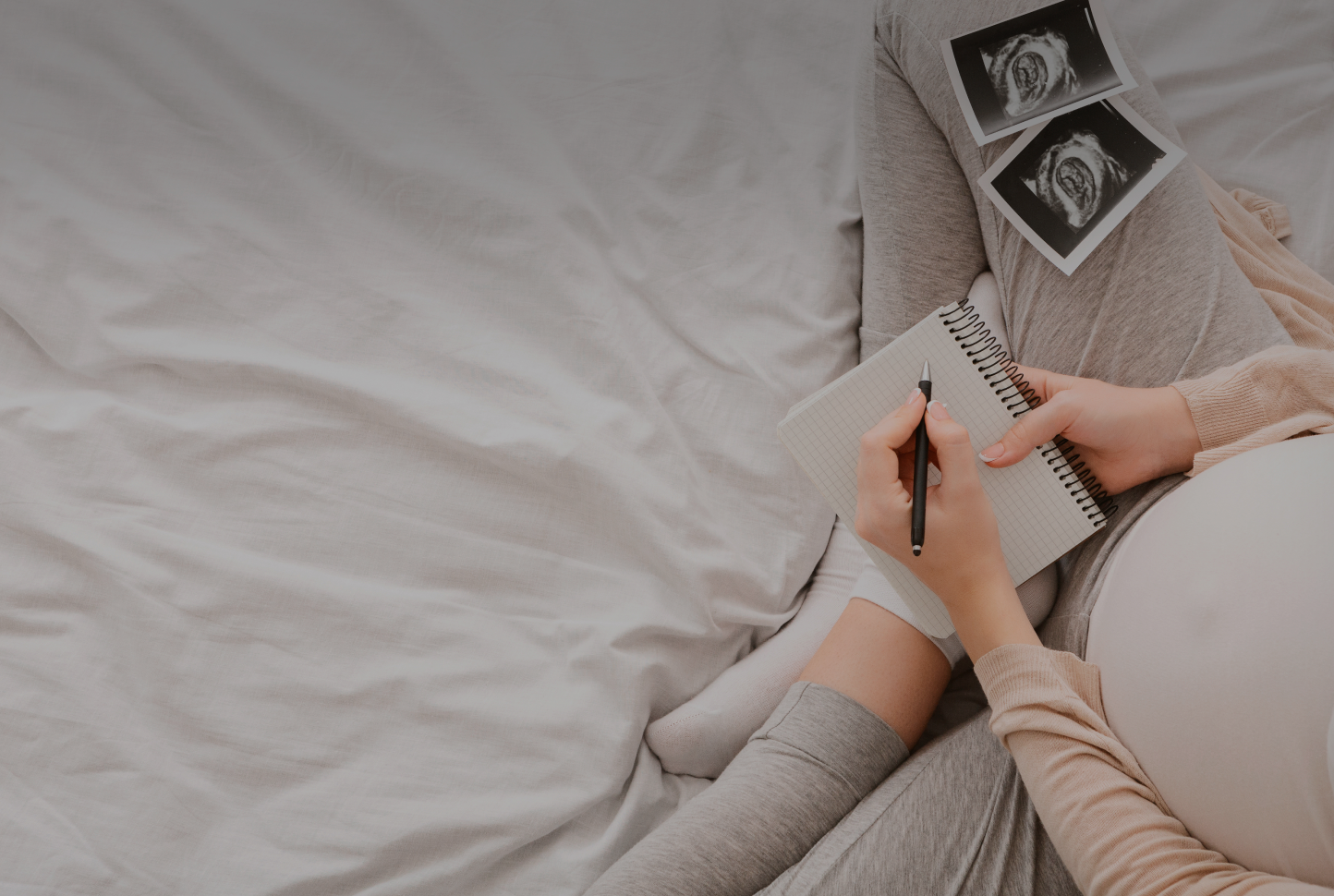
Your first assisted reproduction consultation
When a couple starts thinking about having a child, it’s normal for them to think that they won’t have to wait too long for it to happen. However, 20% of pregnancy cases can leave you waiting.
It is recommended that you go to a fertility clinic when pregnancy does not occur after one year of regular unprotected sex, or after six months in the case of older couples.
Ginefiv is also equipped to assist women who decide to take the path to maternity without a partner or with a female partner, offering them the treatment which suits them best.
Whatever your case may be, finding out about your first visit to a Ginefiv clinic can help to ease many doubts and help you to prepare for your first assisted reproduction consultation.
Step 1: Medical history
Additionally, it is important to find out about the family medical history of the woman and their partner, in order to have a record of any significant diseases which may be inherited by the patient and therefore the future child.
In the first assisted reproduction consultation it is also relevant to learn about your eating habits, as well as any unhealthy habits which may have a negative effect on fertility or damage the embryo.
And lastly, we need to find out about the woman’s gynaecological history: the age of their first period, the rhythm of their menstrual cycle, whether periods are painful or excessively heavy, if they experipence pain during sex, whether or not they have been pregnant or had an abortion/miscarriage, etc.
All of this gives the specialist an idea about possible women’s health issues that are associated with sterility and that may influence the difficulty of achieving pregnancy. Examples of these include endometriosis or polycystic ovary syndrome, or any possible anomaly which should be studied more closely.
Step 2: Ultrasound
The first assisted reproduction consultation will include a vaginal ultrasound scan, during which we will assess the initial condition of the uterus and ovaries, as well as potential anomalies in the fallopian tubes or the presence of uterine fibroids. Additionally, we will assess your ovarian reserve and the possibility of running more tests for a correct diagnosis.
Step 3: Semen sample
In the first assisted reproduction consultation, we will also run an analysis of a semen sample from the male (seminogram) so as to analyse the number, motility and morphology of the sperm cells, in order to assess whether it is normal or, if it is not, whether it is one of the causes of sterility and requires treatment.
Step 4: Analyses
To complete the first assisted reproduction consultation, we will run the necessary blood tests to rule out infectious diseases, a hormonal analysis (which should generally take place during the first days of menstruation) and any other additional tests related to your personal or family medical history. One example of these additional tests consists of the study of the karyotype of one or both members of the couple, in order to assess whether their genetic makeup is suitable. All these analyses can be carried out at Ginefiv.
Second visit: Assessment of the results
Once all the tests have been run, your second visit to our assisted reproduction clinic will be to asses them. In this visit, we will explain in detail the possibilities of gestation, the most suitable assisted reproduction technique, the right type of medication, the treatment duration, and any additional techniques which may be beneficial in your case.
In some exceptional cases, it will be necessary to run an additional, supplementary test, which will help you to better prepare for a pregnancy with the lowest possible risk. Barring exceptions, the results visit will be the one prior to the start of treatment. Once all the tests have been assessed, we can schedule your assisted reproduction treatment.
Ginefiv Maternity
The pregnancy guarantee program that ensures the birth of your baby or you will be refunded.
